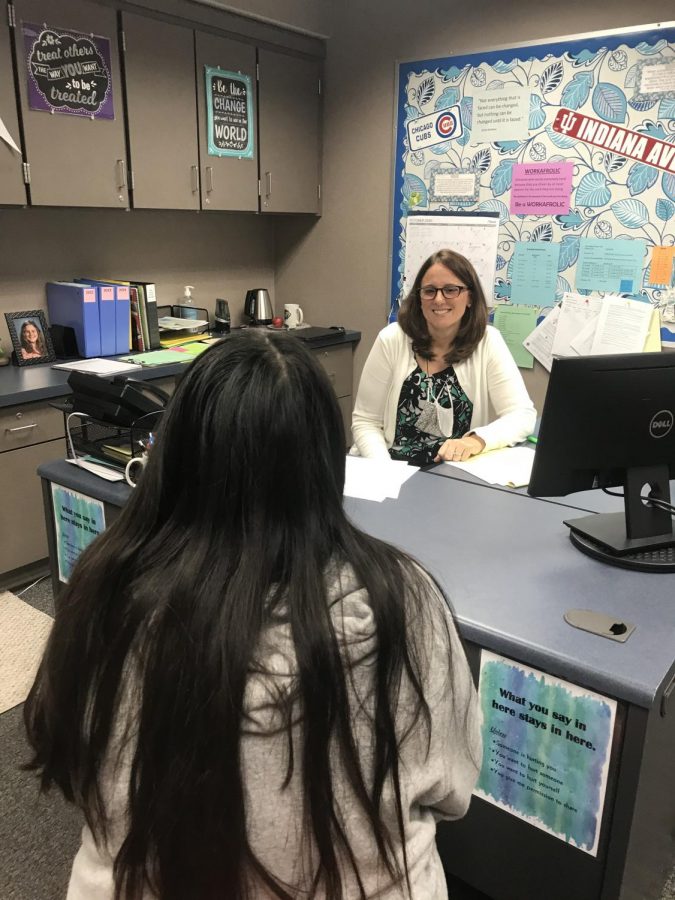COVID-19 Depression: It’s No Laughing Matter
October 21, 2020
This pandemic is doing more than making people ill; it’s making people depressed.
Everyone has felt the effects of COVID-19; some more than others. People may not commonly think that teens can be physically affected by COVID-19, but in reality the effects are penetrating them deeply on an emotional level.
As a result, many teens have shown an increase in mental health issues. The prefrontal cortex—the part in the brain that is responsible for critical thinking and impulse control, located in the brain—isn’t fully developed yet and won’t be until a person is 25 years old. In simpler terms, this means that teens need someone to talk to as a way to sort out their thoughts. Due to COVID-19, however, teens aren’t having necessary access to that type of communication, which soon leads to bigger issues, such as mental health.
The damages of COVID have been noticed widely in online support hotlines. Online therapist hotline—Talkspace—has noticed a 65% increase in customers just in the time during the pandemic alone. It highlights the point that teens still have to deal with everyday problems, such as their family, school, and relationships. This virus just seems to be the newest stressor that has been added to everyone’s ever-growing list.
High school freshman Jayna Eubanks believes she has a solution—or, at least, a part to it. “I don’t think they should be assigning so much homework. That would help students feel a lot less stressed.” With many students doing their work online, the stress from lack of face-to-face learning can lead to many feeling confused about their work or lacking the motivation to even do it. This could lead to many putting themselves in a hole where they feel even more alone.
During this pandemic, a study was conducted showing that 80% of adolescents feel more lonely and isolated during this time. With many school social events being cancelled because of the circumstances, that has cut down the social interactions that these teens crave. Many teens feel that schools should take that into account and talk more about their students’ mental health.
High School freshman Ayelen Pichardo Hernandez points this out. “Well, I think they should acknowledge mental health to start with. They’ll organize entire assemblies to talk to kids about drugs, but they won’t even mention mental health, which is just as important.” Hernandez goes on to say, “Schools should offer more counseling. Many students may be uncomfortable with that, so they could possibly create a number or an email where students could reach out to teachers and make it anonymous.”
Even though this may all seem negative, there are, of course, two sides to every story. It is important to remember that there are students who have discovered that this “alone time” has helped them “find” themselves and get that peace they once lacked. One of these students is Jayna Eubanks. “It has brought up my mental health because I had a bunch of time to myself to gain confidence.” Just as how every person is different, every person reacts to situations differently.
Mental health spans a wide spectrum where everyone is at a different place. Society should all work together to reach a common goal, especially during these times. Raising awareness can be a start.









Ashlyn Anderson • Nov 18, 2020 at 11:01 am
Yes I did enjoy the article, because you put two sides to the story, not just your own part of it. Very well written.